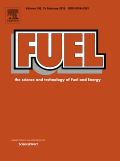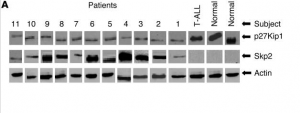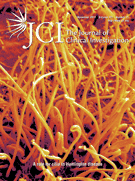
The stories behind several recent inscrutable retraction notices became a bit more clear today when the Office of Research Integrity (ORI) issued findings in cases involving former researchers at the University of Chicago and the University of California, San Francisco.
The ORI found that H. Rosie Xing, a former assistant professor at the University of Chicago, Continue reading ORI sanctions former University of Chicago and UCSF scientists for faking findings




 A Korean stem cell journal has retracted a paper on a controversial Italian treatment that involves harvesting stem cells from bone marrow and injecting them back into the patient.
A Korean stem cell journal has retracted a paper on a controversial Italian treatment that involves harvesting stem cells from bone marrow and injecting them back into the patient.


